It was the 1st of June, 2004, when a teacher at Okubo Elementary School in Sasebo, Japan, came across a gruesome scene inside an empty elementary school classroom. It was the body of her 12-year-old student, Satomi Mitarai, surrounded in a puddle of her own blood. She had sustained slash wounds to her arms and her throat had been slashed. She was left to bleed to death on the classroom floor.1
The teacher had been alerted to the scene when another 11-year-old student had come into the classroom with blood spatter across her clothing. She approached her teacher and ominously said: “I have done a bad thing.” An investigation would uncover that the girl with blood spatter across her clothing had attacked Satomi with a box-cutter. She had led Satomi out of their classroom at lunch time and took her into the empty classroom nearby where she carried out the attack. The assailant was only identified as “Girl A” in accordance with legal protections in Japan which prohibited the identification of juvenile offenders.
Satomi’s father was informed of the attack and rushed to the school to be by his daughter’s side. “When I arrived, Satomi was already lying there collapsed. I couldn’t believe what I was seeing,” said Kyoji Mitarai. “I can’t put in words what I’m feeling right now. I can’t understand it at all. I don’t have a clue.” He said that his daughter had never spoken about any issues with her classmates and by all appearances, she got on well with everybody.
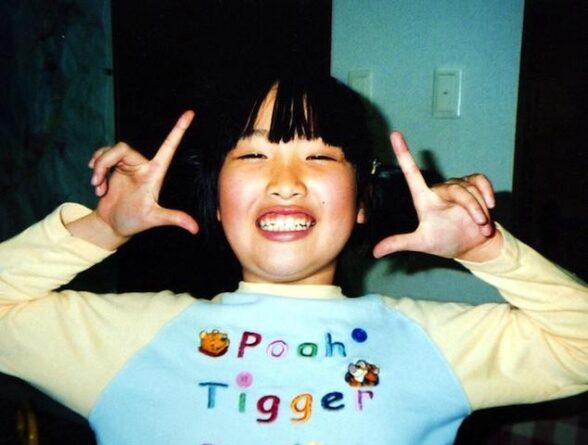
Satomi was pronounced dead at the scene. One of the paramedics who had arrived on scene stated: “I tried to take the girl’s pulse but couldn’t because her neck was cut so extensively.”2
The murder completely stunned the nation; the victim and the alleged killer were only children and the brutal murder had taken place inside an elementary school. In fact, while violent crime was relatively rare in Japan, serious juvenile crimes had become a rising concern in Japan and three years prior, the legal age of criminal responsibility had been lowered from 16-years-old to 14-years-old. Education officials would call on teachers to review school curriculums and emphasize compassion and respect for human life. “It is a terrible pity that an incident like this occurred within the school grounds,” said Tasunao Seki, an official at the Education Ministry. “I would like to ask you all to once again take extra measures to ensure an incident like this never happen again.”
Following the arrest of “Girl A,” she would confess to investigators that she had plotted murdering Satomi for a couple of days after receiving an “offensive” message on the internet from her. The girls had often left friendly notes on each other’s home page bulletin board but after they fell out, Satomi allegedly wrote something that angered “Girl A.” Her defence attorney, Nozmu Kawazoe, said that she had come up with the idea to use a box-cutter after watching a murder-mystery show on the television.3
As it transpired, Satomi and “Girl A” had been close friends leading up to the murder. They were both in art class together, played basketball together, shared a group diary and would pass notes to each other on a home page bulletin board. However, when the girls had a falling out, Satomi had left mean notes on “Girl A’s” home page bulletin board. Four days before the murder, Satomi had mocked “Girl A’s” weight and had called her a “goody goody.”
When “Girl A” was questioned about the murder, she had become visibly distressed and said she didn’t know why she had done it, adding that if she had of given it more thought, she would not have carried it out.4 She said to investigators: “I didn’t think what she wrote on the home page was funny, so I called her out of the classroom. I meant to kill her.”5
An examination of “Girl A’s” internet history would reveal that she had seemingly harboured hatred of a number of her classmates. On her home page bulletin board, she had written: “They are despicable, stupid people. I am so sick and tired of my class.” Speaking about one classmate, she wrote: “So stuck up and so ugly and fat.” On another occasion, she had written: “Killing humans is unforgiveable and I won’t do it. Well, what crap are you talking about.”6
She would reveal some more details about the grisly murder, revealing that after she led Satomi to the empty classroom, she had attempted to blindfold her but was unsuccessful. Standing behind her, she instead covered Satomi’s eyes with her hand and then stabbed her in the neck with the box-cutter.
In the wake of the murder, Kiichi Inoue, the minister responsible for disaster management in Tokyo, would spark much criticism when he suggested that feminism was to blame for Satomi’s murder. He stated: “The differences between men and women seem to be disappearing. This indicates that there are more assertive women around them than there used to be, although the same could be said of society.” He was immediately rebuffed by Hiroyuki Hosoda, who said: “I don’t think the question of male or female has anythng to do with the discussions of this,” and encouraged him to be more careful with his remarks.7
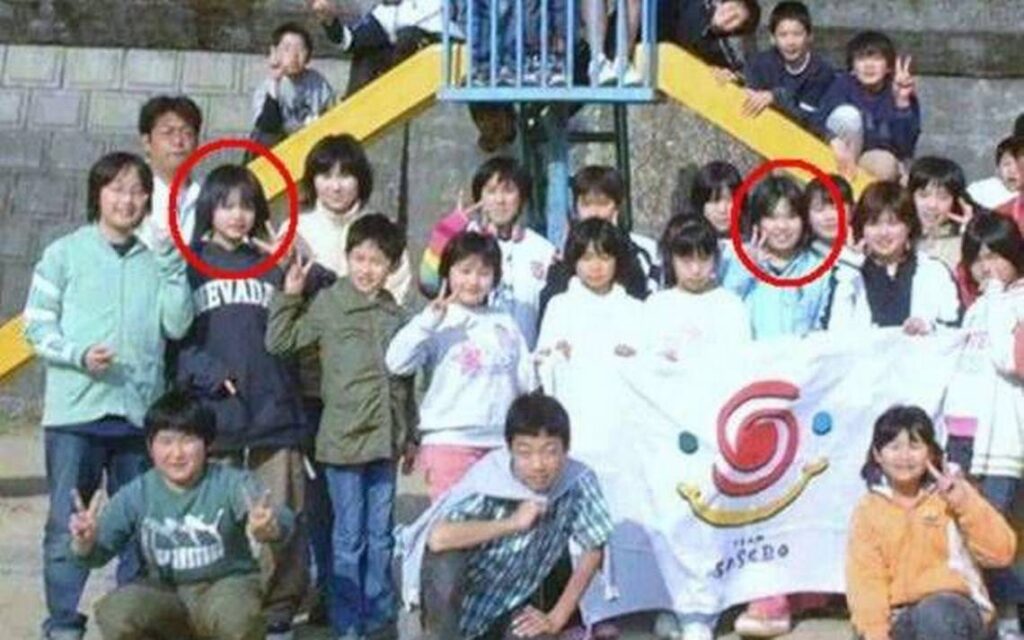
The investigation into the slaying would uncover that the month before the murder, “Girl A” had threatened a male classmate with a box-cutter after he attempted to see what book she was reading while in school. According to the family of “Girl A,” her personality had somewhat changed after she was told to leave the basketball club and had started spending all of her time on the internet. She had posted on the internet that she had wished to lose weight and this had come before Satomi had commented on her weight. She had written: “I’m of medium build now, but I’ll lose weight no matter what. I swear I’ll stop eating snacks.”
It would be announced that “Girl A” would be facing a juvenile trial at a family court in southern Japan. Under Japanese law, however, she would not be tried for criminal responsibility due to the fact she was under 14-years-old. With the defence and prosecution preparing for trial, Satomi’s father wrote a poignant letter to his deceased daughter which was published on national newspaper. It read in part: “Why aren’t you here? That’s what I can’t understand.” Where are you? Have you seen your mother yet? Where are you playing now?” He reminisced about how his daughter had been the one to cheer him up following the death of her mother around three years prior.8
In September, it would be announced that “Girl A” had been sentenced to a juvenile correctional facility. In a closed-door session, the judges at the family court ordered that she undergo counselling as part of her rehabilitation program.9 The court had determined that “Girl A” had intent and had planned the murder of Satomi. “She has no disorder resulting from any mental illness. She ballooned her aggressive ego, effected by horror novels she had immersed herself in,” said presiding judge Heinai Komatsu. “The victimized girl’s remarks were not the kind that could amount to anyone’s drive to kill her. It was not her fault. The result is dire.”10
In 2006, “Girl A” was sentenced to an additional two years of involuntary commitment. Following those two years, she was granted house arrest and in 2013, she was released and moved with her family to an undisclosed location.
Footnotes:
- The Philadelphia Inquirer, 2 June, 2014 – “11-Year-Old Girl Slashes a Classmate to Death in Japan”
- Agence France-Presse, 2 June, 2004 – “Internet Message Feud Leads to Schoolgirl’s Murder”
- The Daily Press, 4 June, 2004 – “Girl, 11, Plotted to Kill Ex-Friend”
- St. Paul Pioneer Press, 4 June, 2004 – “Slaying by Girl, 11, Over Internet Spat has Japan Reeling”
- Associated Press, 2 June, 2004 – “Japan Mourns Girl Slashed to Death”
- Agence France-Presse, 3 June, 2004 – “Japanese Girl Killer Vented Hate of Classmates on Internet”
- The Guardian, 4 June, 2004 – “Tokyo Minister Blames Feminism for Girl’s Murder”
- Associated Press, 8 June, 2004 – “11-Year-Old Faces Juvenile Trial”
- Associated Press, 15 September, 2004 – “An 11-Year-Old Japanese Girl to be Placed in Juvenile Rehabilitation Facility”
- Kyodo News International, 15 September, 2004 – “Girl in Sasebo Classmate Killing to be Institutionalized”
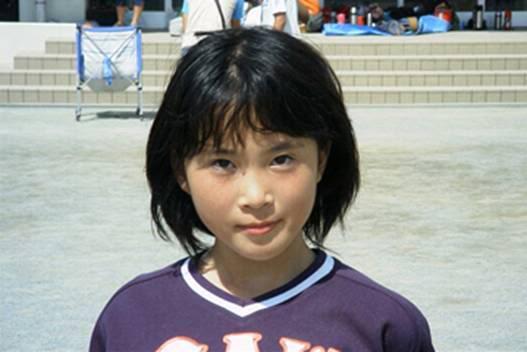

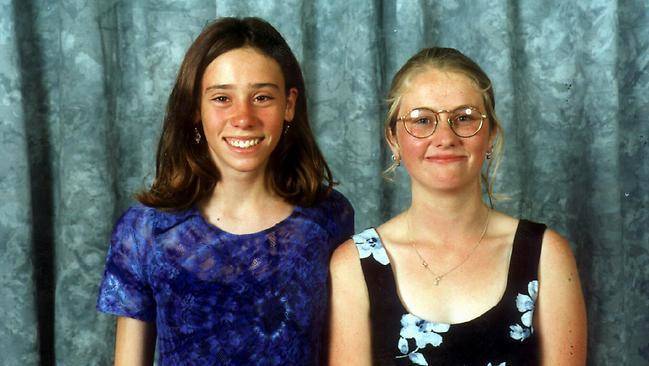

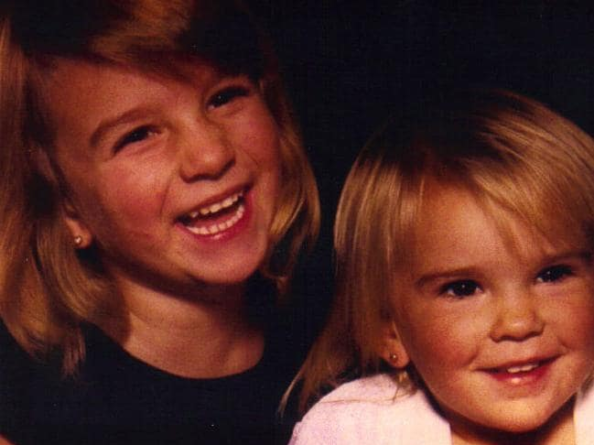
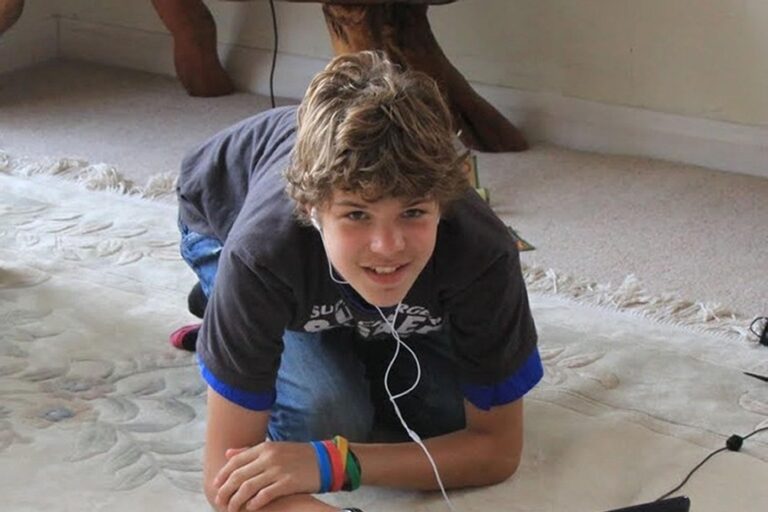
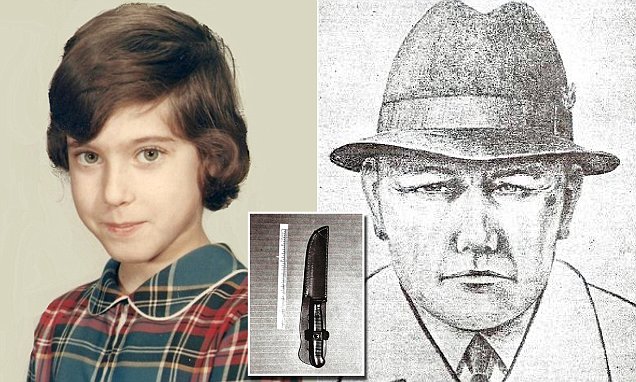
Comments:
The parents of Girl A – aka Nevada tan aka Natsumi Tsuji – have a lot to answer for in this case. Isolating her from her friends, forcing her to study all the time, stopping her doing the hobbies she loved.
Bullshit. That doesn’t drive people murderous.
No, but it can add on. Who knows what else she was going through. I don’t support what she did, but for an 11 year old to commit murder like that.. something wasn’t right.
it can if someone has endured it for long enough.
+L i would have blocked it with my right hand sustained small damage to my finger, then throw a right hook cris breezy style across her face, then do the fornite emote dance.
W lebron
Boy bye 😐
anyways.